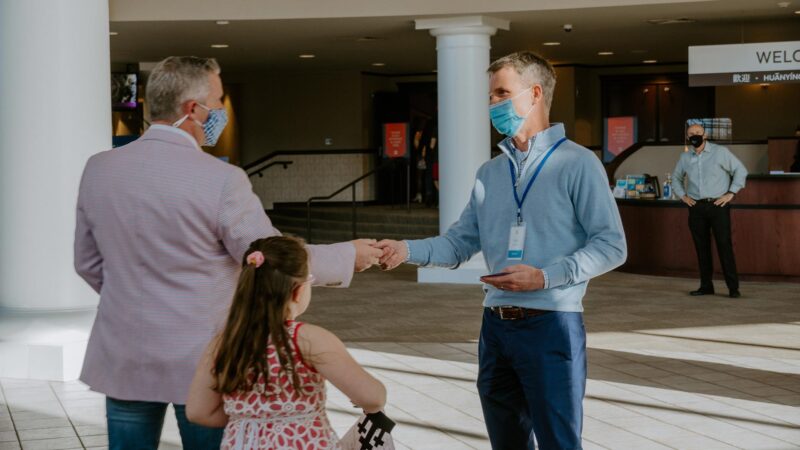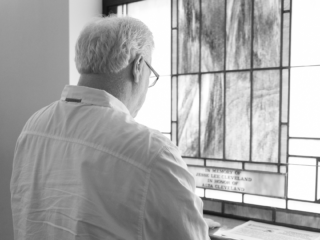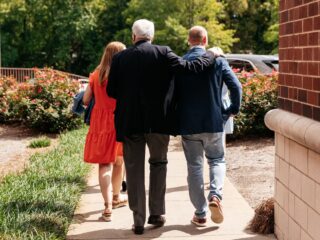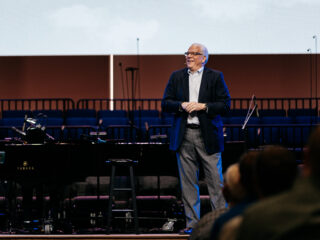According to the experts, if we learned anything from an event, then it wasn’t a failure. It was an educational opportunity. If we use that way of thinking, then everything we’ve been through with the pandemic quarantine and related issues need not be a total wash if we can learn something.
So, did we learn anything? What are we doing differently on this side of the pandemic?
First, we found out, while it has its limits, the digital church is quite effective. While we had to go online without much preparation, we found a steady and expanding audience. We thought our viewing numbers would drop once we started coming back to in-person worship services. They’re not. While no decisions have been made to this point, we are watching this process very closely. If we understand that this will be a new reality (and I wouldn’t be surprised if it was), we’ll start rethinking how we reinforce our digital presence to meet this new opportunity.
Second, and I realize this sounds contradictory to the point I just made, we also rediscovered how important our weekly in-person worship services are. We’ve determined that we will go to extreme lengths to keep our public worship services open. While several of you have been asking when we will be adding back the 11:11 service or could we have a mask-only service, we’re focusing on carefully and slowly adding back our services as we return to “normal.”
Third, while the pandemic won’t last forever, world events remind us the church is under constant pressure and attack. While I write these words, Afghanistan has fallen to the Taliban and Afghan Christians are being threatened and hunted. In China, the church is being persecuted and Christians are sent off to prison camps. These are harsh reminders for us in the post-modern church.
We have to ramp up our discipleship so that every home becomes an outpost for the kingdom and every disciple of Christ becomes a disciple-maker for Christ. We can no longer depend on an “if we build it, they will come” strategy. Now, we’re going to, like the early disciples, send out believers as missionaries to their cities, towns, and neighborhoods. Every disciple will be learning from a more mature believer (like the Apostle Paul) and teaching a younger disciple (like Timothy).
The future emphasis is going to be small groups doing life together. Small groups doing missions. Small groups doing pastoral care. Small groups doing the work of reaching the world with the good news of the gospel. If this seems familiar, it is. It’s the book of Acts. If you want to see the future of the church, look to our past.
We know the plan. We’ve always known the plan. Jesus left it to us in the Great Commission. Now, it’s a matter of obedience and execution.









